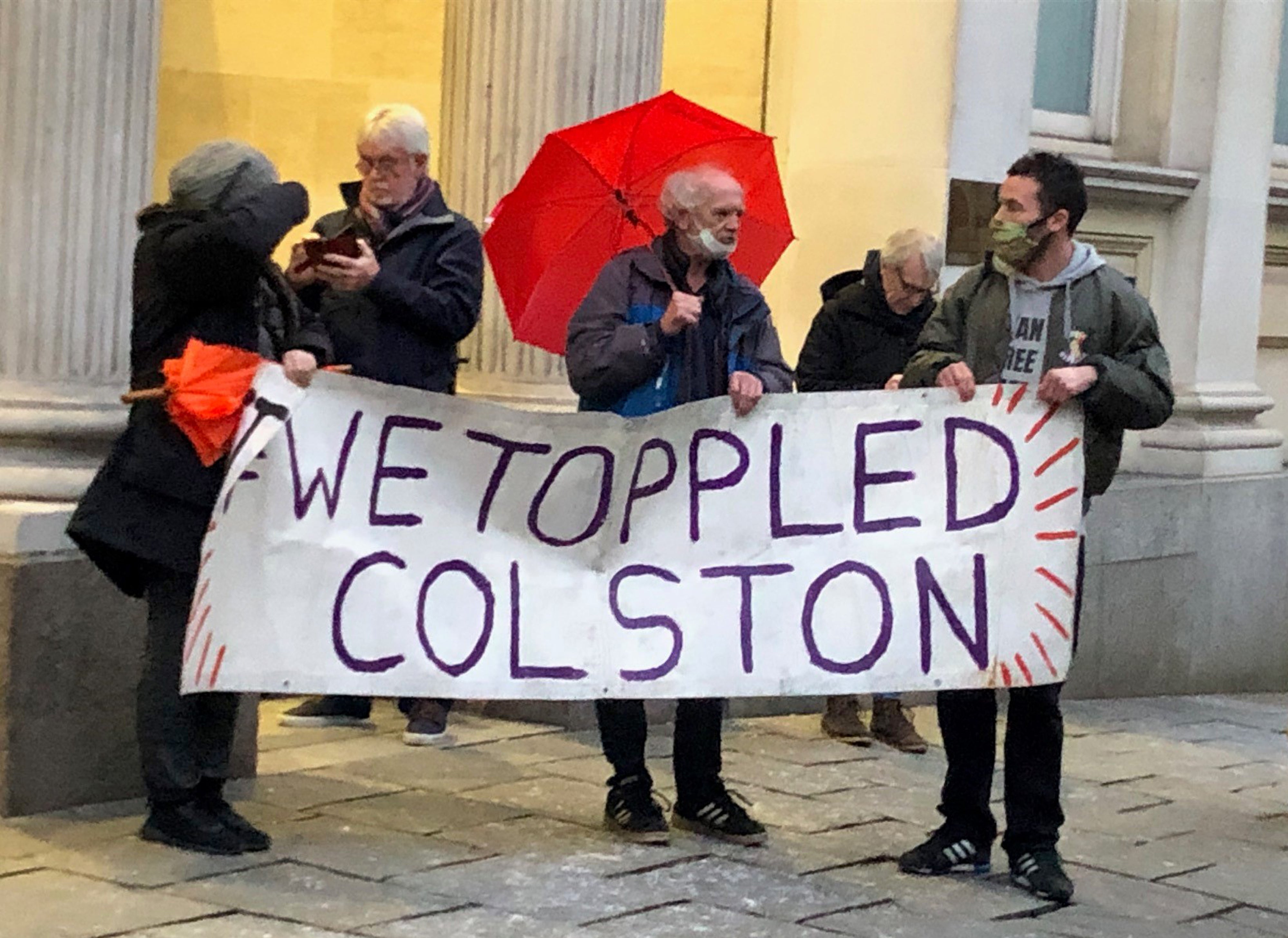Two cheers for the Colston jury – but the case should never have come to court
The urgent need is to clear the backlog of cases in the legal system, rather than prosecuting idealistic people with strong views about memorials to slave traders, argues John Rentoul


It is always fun to see Conservatives, who purport to believe in the ancient rights and liberties of the British, rail against a jury decision. But once we have enjoyed hearing Robert Jenrick, the former cabinet minister, saying that the Edward Colston statue verdict will “undermine the rule of law”, we should ask if he might be right.
Superficially, it doesn’t seem a good idea to suggest that anyone can tear down a statue they don’t like and get away with it. But that is not what the Colston verdict means. Any other group of protesters could not be sure that a jury would acquit them if they were to damage statues of, say, Winston Churchill or Karl Marx. Jury decisions do not set a precedent, and so the idea that one decision “undermines” anything is mistaken. And the one thing it cannot undermine is the rule of law, because the jury system is one of the oldest and best understood features of the rule of law.
There is, however, a different question of whether it should be. Spinning Hugo, the anonymous legal blogger, argues that, because juries do not give the reasons for their verdicts, “justice is not seen to be done”. In the Colston case, Matthew Scott, another lawyer, argued that the statue-breakers might not be guilty of criminal damage for three reasons: an honest belief that the owner of the statue would have consented; the use of reasonable force to prevent the crime of an indecent public display; or that a conviction would amount to a disproportionate interference with the right to protest.
Subscribe to Independent Premium to bookmark this article
Want to bookmark your favourite articles and stories to read or reference later? Start your Independent Premium subscription today.
Join our commenting forum
Join thought-provoking conversations, follow other Independent readers and see their replies
Comments